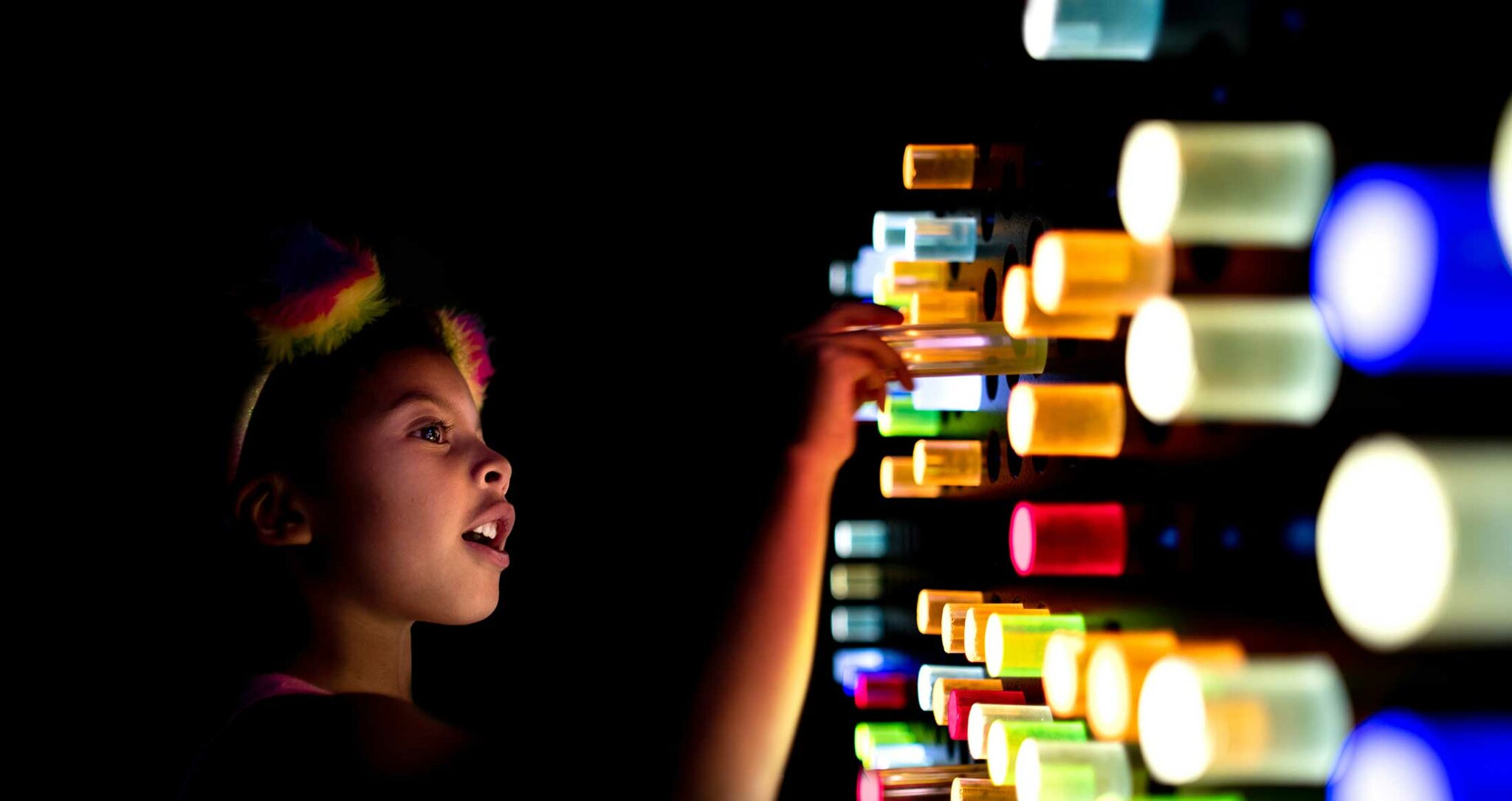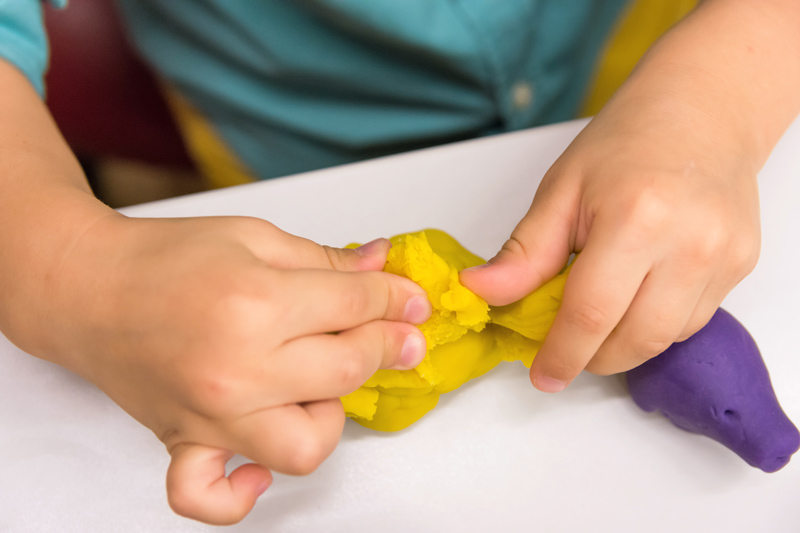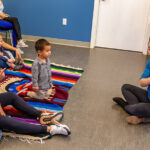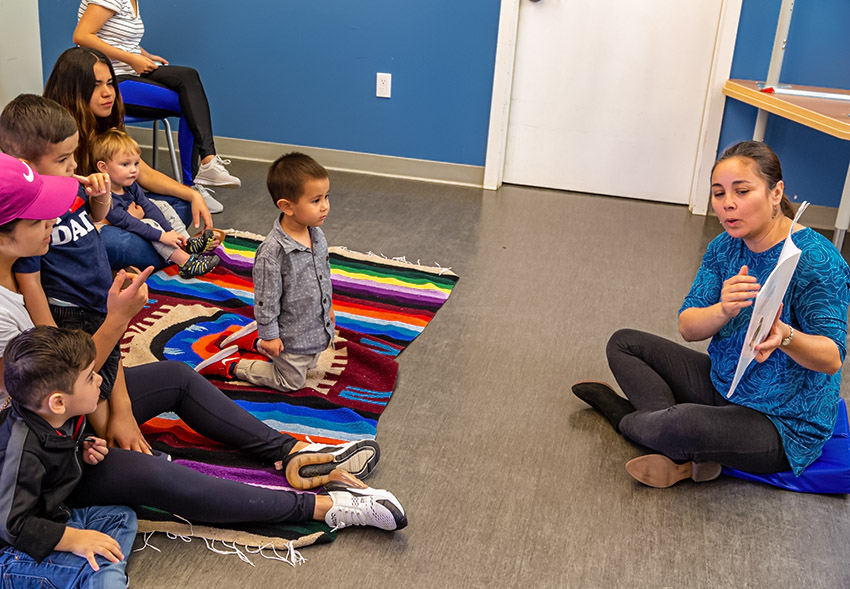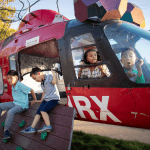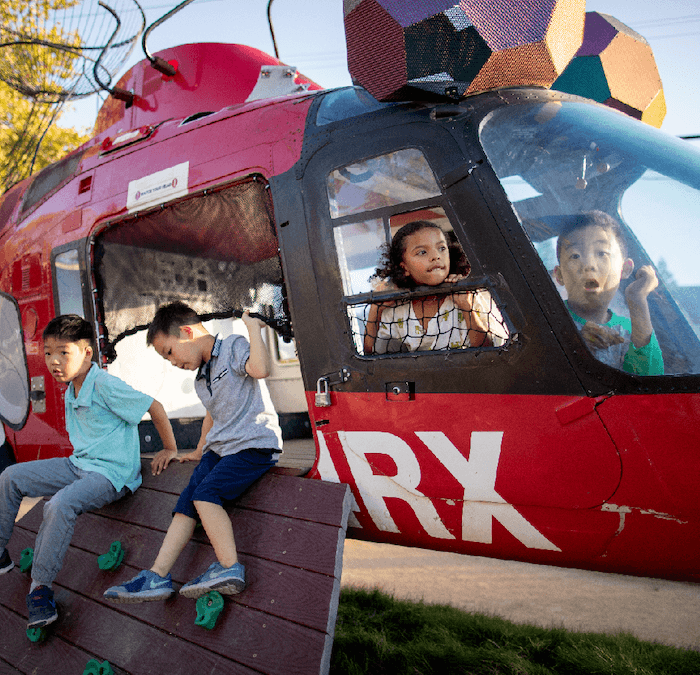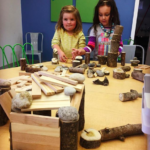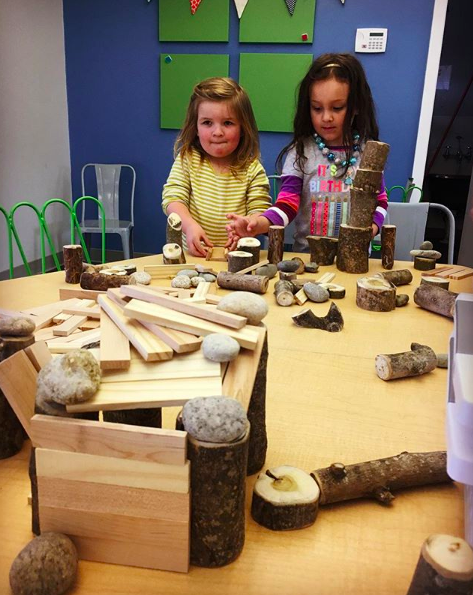Teachers observe students to assess their skills as well as to learn more about the individual student, what their interests are and how they learn so they can meet the student’s needs in the best way that they can. Parents make observations of their children as well, but most likely do not document in the same way a teacher might. Parents learn about their child’s interests, how they learn best, and their physical and emotional needs mostly through observations. We can learn a lot about a child’s development and who they are as a human being when observations are done deliberately.
Supplies
- A child
- Your attention
- Set time
- Pen
- Paper
Directions
It is important that your attention is fully devoted to your observation time. Try to not allow yourself to be distracted. This is a time to sit, look, and listen. No thoughts or worries about what is for dinner, how to get that stain out of the carpet, or wondering how much a cloud weighs. This is time for making observations to learn more about your child. Try not to insert yourself into your child’s play unless you are invited.
You are going to spend 5-10 minutes sitting and making observations. Be objective here. This is not the time to analyze or interject your own feelings about what your child is doing.
- Turn off your phone and anything else that might take your attention away from the observation.
- Find a spot to sit where your child is not distracted by your presence.
- Start taking notes of what you observe your child doing?
- What is your child playing with? How are they playing with it?.
- Does your child have different interests throughout the day? Is it their mood, energy level, or routine that guides them?
- What skill are they working on? Are they trying to hold a cup so it doesn’t spill? How to pull themselves to standing? Think about what other skills could they be exposing themselves to as they practice.
What did you learn about your child?
Are they practicing new skills?
Is there something you can add to their experience? For example, if your child likes filling containers with items, can you offer different containers and items? This might deepen their understanding of mass, density, and volume. Even babies can explore this concept.
The most important outcome of making intentional observations is that you learn more about your child and the amazing human beings that they are. Have fun!
